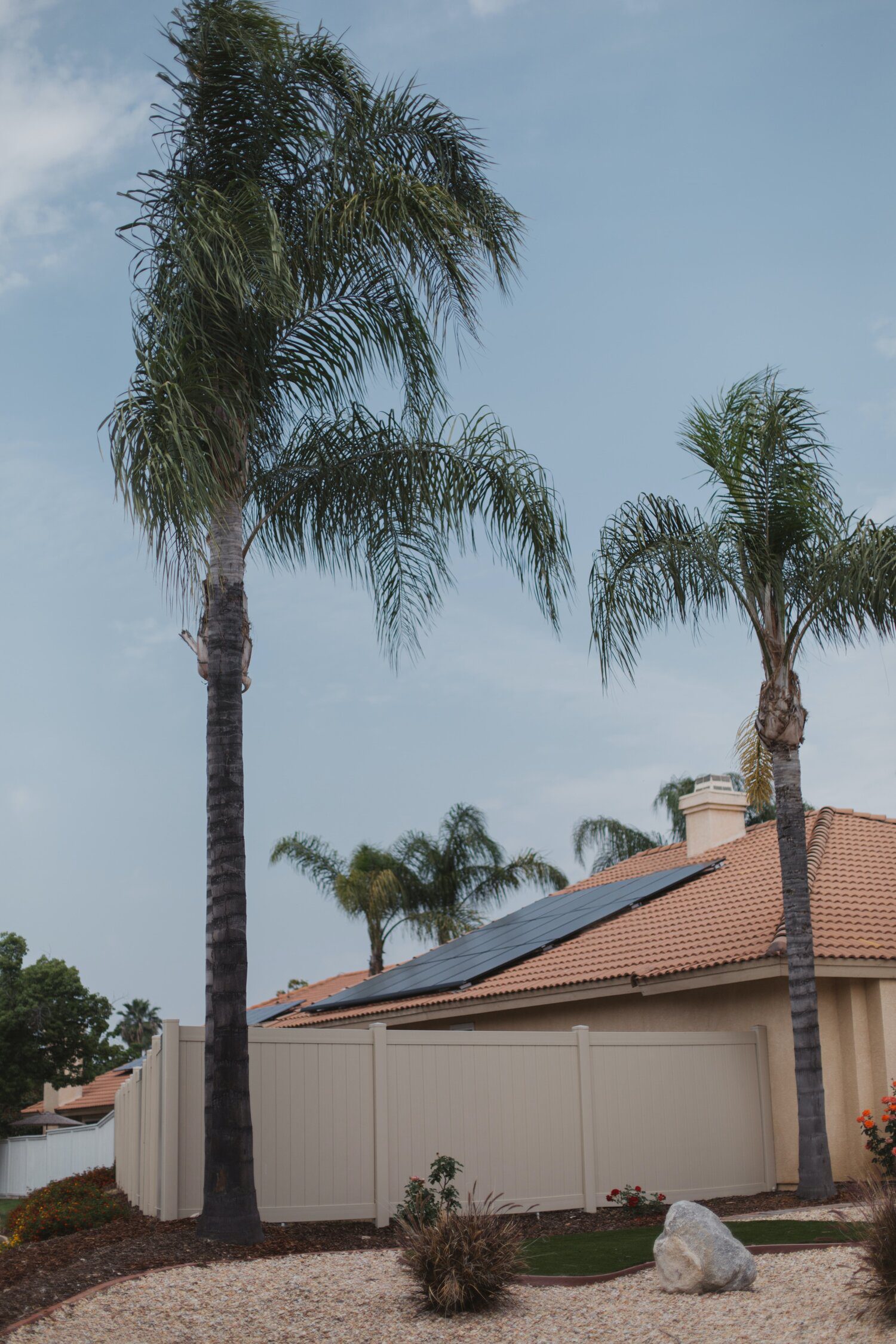
Content Written By: April Wilson, Ryan Winter LLC contributing writer
What is PACE Financing
Property Assessed Clean Energy (PACE) financing is a program — provided by private companies and authorized in only a few states around the country — that allows homeowners to finance certain energy-efficient upgrades to their home or business.
US Patriot Title, a title company in Jacksonville and St. Johns, plays a part in the transferring of titles that sometimes hold PACE financing. The financing is unique because homeowner payments are linked to their property and their tax payments.
PACE financing creates a unique opportunity for some homeowners looking to make expensive, energy-efficient upgrades; however, there are aspects to the program all interested parties should be aware of, and US Patriot Title wants to make sure you have all the information you need.
How Does PACE Financing Work?
According to the National Consumer Law Center, “PACE programs, authorized by local governments under state legislation, offer loans for residential and commercial renewable energy and efficiency improvements.” Pace Equity adds that “PACE bonds can be issued by authorized government agencies (and, in some cases, private finance entities) and can finance up to approximately 15–20 percent of a property’s value for renewable-energy, energy-efficiency or water-efficiency upgrades.”
What this means is home and business owners can take out a loan that is attached to the property to make energy-efficient upgrades. The owner of the property then pays back the loan along with their property taxes based on assessments on the property. When the property is sold, if there is anything left owed on the PACE loan the remaining balance stays with the property and the new property owner will be responsible for the balance unless otherwise agreed upon.
What Types of Projects Qualify?
There are a number of clean energy projects that qualify for PACE financing. Robert Johnson Jr. says in a Pace Equity article that, “Using PACE, cities and counties promote on-site renewable-energy projects, energy-efficiency upgrades and, in some places, water-efficiency upgrades.” This includes projects and upgrades such as, “air conditioners, roofs, windows/doors, water heaters, solar panels, pool heaters, hurricane shutters, and generators,” according to Florida Pace, the government entity that oversees PACE financing in the state of Florida.
Florida, specifically, allows for some hurricane proofing, such as the hurricane shutters listed above, to be included in the PACE financing, unlike other states. California, on the other hand, allows for some seismic proofing upgrades to qualify for PACE financing. It’s important to check into the local municipality for the current PACE financing qualifications.
Some of the things that don’t qualify, according to Energy.gov, include, “portable items (screw-in light bulbs, standard refrigerators, etc.)” and “investments below $2,500.”

PACE Financing Benefits
There are many benefits to using PACE financing. Clean energy upgrades can add a lot of value to a property. For those considering making the upgrades and selling the property, the debt remains with the property and the new property owner could inherit the payments for the upgrades.
For those considering making the upgrades for the long term such as growing families, retirees and business owners, PACE financing can be a wonderful tool to add long-term upgrades and modifications to a property while having the ability to finance the projects in an affordable way. The key is to own the property long enough to pay off the financing and enjoy the money-saving benefits of the upgrades.
Usually, PACE loans are financed similar to a mortgage in length – so approximately 15 years give or take, and the payments are attached to the homeowner’s property taxes. Energy.gov explains it like this, “Property owners that voluntarily choose to participate in a PACE program repay their improvement costs over a set time period—typically 10 to 20 years—through property assessments, which are secured by the property itself and paid as an addition to the owners’ property tax bills.” For those planning to own their property for a long time, PACE financing is a great tool.
The paid-off upgrades can add a lot of value to the home – especially insurance-saving hurricane upgrades. However, because PACE financing is attached to the property and not the homeowner, there are some important things worth considering before using PACE financing as an option to finance clean energy projects.
PACE Financing Concerns
While PACE financing is a useful tool for many homeowners and business owners, there are some important factors to consider. The biggest factor is that the financing is attached to the property. This means when the property is put up for sale, the PACE financing sticks with the property. This can hurt the seller’s ability to sell the property because the buyer will potentially inherit the pay-off amount.
Many times PACE financing will show up as a lien on the property during the title search by the title company, and the property owner may be requested to pay off the amount before the potential buyer is willing to go through with the purchase. Otherwise, the buyer will need to agree to assume the debt on the property and take over the payments.
It is important to note that while “The assessment can transfer to the new owner without any need to approve the purchaser of the property” the buyer may not be able to get a loan because “the Federal Housing Finance Agency (“FHFA”) which oversees the eleven Federal Home Loan Banks (“FHLBanks”) and Fannie Mae and Freddie Mac issued a statement (which has been confirmed by subsequent statements and remarks) in which it made clear that Fannie Mae and Freddie Mac’s policies prohibit them from purchasing a residential mortgage where the property is subject to a first lien PACE assessment. FHFA has made it clear that Fannie Mae and Freddie Mac should neither purchase nor refinance mortgages which are encumbered by PACE assessments,” according to Florida Pace.
What this means is that any homeowner or business owner looking to make clean energy upgrades using PACE financing may have to pay off the PACE financing before being able to sell or refinance the property.
Depending on the goal and financial situation for a property owner, PACE financing may be a great tool to achieve installing clean energy upgrades. PACE financing is not currently offered in every Florida country. Florida Pace has a service map showing all the counties with PACE financing options.

